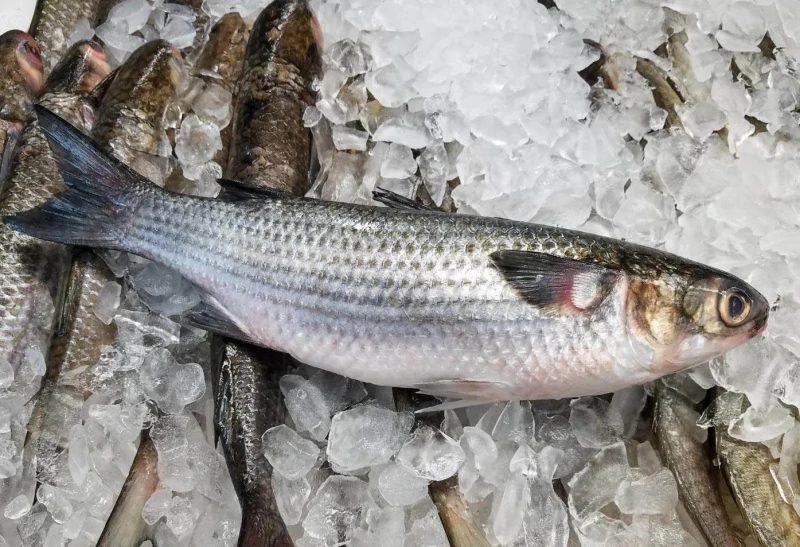The North Carolina Marine Fisheries Commission (MFC) held its May meeting this past Wednesday through Friday. New regulations for the striped mullet harvest and proposed regulations for the spotted sea trout fishery were voted in. The decisions will impact commercial fishermen on Hatteras Island.
Hatteras Village has been an active commercial fishing town long before it became a top beach destination. Over the past few years, fishermen and seafood dealers alike have been concerned about losing the last few remaining commercial fishermen. An article from 2021 written by Alana Harrison stated that “the average vacationer or full-time resident will not encounter commercial fishermen unless it is through their fork.” Instead of relying on the Hatteras inlet, fishermen have been relying on Wanchese, thus landing millions of pounds of fish there. So, how do these new rulings further affect Hatteras Island?
The North Carolina MFC voted unanimously to close the commercial harvest of mullet on the weekends from Jan. 1 to Sept. 30 and on Saturday, Sunday, and Monday from Oct. 1 to Dec. 31. Fishermen must have the mullet landed at the fish house before 11:59 p.m. on Fridays. The commercial harvest will reopen at 12:01 a.m. on Mondays before Sept. 30 and 12:01 a.m. on Tuesdays after Sept. 30.
For further background, the stock assessment in 2022 indicated that the striped mullet stock in North Carolina was overfished, and overfishing was occurring. According to the state’s Fishery Reform Act of 1997, management must be implemented to end overfishing and achieve sustainable harvest within a 10-year period.
According to the state’s MFC, recreational fishermen may possess up to 100 mullets, and recreational and for-hire vessels may possess up to 400 mullets. They also voted to adopt adaptive management for mullets, allowing the Department of Marine Fisheries (DMF) to alter mullet regulations if the day-of-the-week closures are not producing the targeted reductions.
Kathy Rawls, the director of the DMF, stated, “The most important thing the commission has adopted in this plan is adaptive management, which gives us the flexibility to work with this plan.”
The new mullet regulations will go into effect this month. The day-of-the-week closures will reduce the commercial mullet harvest by around 35% from the 2019 commercial landings and are projected to achieve a sustainable mullet harvest. DMF data showed that in 2019, 1.3 million pounds of mullet was commercially landed.
According to Island Free Press and DMF data, fishermen are catching speckled trout at an unsustainable rate; however, the species' spawning stock biomass has risen since 2006. Committee members preferred size limit increases or slot limits instead of season closures, no change to the bag limit, and no different management measures for commercial and recreational fishermen. They mentioned a possible season closure for commercial fishermen. The advisory committee made no final decision about the speckled trout fishery.







